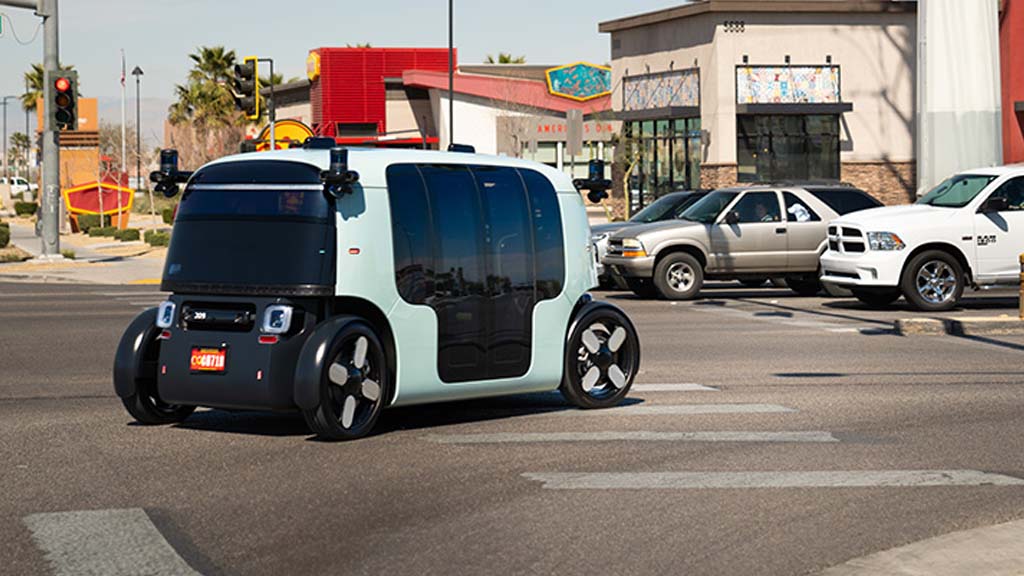- Web Desk
- 6 Hours ago

Musk announces Tesla’s ‘Robotaxi’ reveal date
-

- Web Desk
- Apr 06, 2024

WEB DESK: Tesla CEO Elon Musk, renowned for his fervor for self-driving technology, made an announcement on Friday regarding the unveiling date of the company’s much-anticipated “Robotaxi”, as reported by CNN.
The 52-year-old billionaire took to X, formerly known as Twitter, to share this update. Musk disclosed that Tesla, the pioneering company in electric vehicle design, manufacturing, and sales, will introduce its groundbreaking product, the robotaxi, on August 8.
Despite the significance of the announcement, Musk’s statement was succinct, merely stating on his social media platform: “Tesla Robotaxi unveil on 8/8.”
This revelation aligns with Musk’s previous hints regarding the development of autonomous vehicles.
He has consistently stressed that Tesla vehicles equipped with Full Self-Driving Capability will progressively enhance their driving capabilities through software updates.
Moreover, Musk has envisioned these vehicles transitioning into fully autonomous taxis, potentially generating income for their owners by offering taxi services.
The Full Self-Driving feature can be acquired for the Tesla Model 3 at an additional cost of $12,000, or through a subscription model priced at up to $199 per month, depending on the car’s initial configuration.
However, it’s crucial to note that Tesla’s online description underscores that the currently enabled features necessitate active driver supervision and do not render the vehicle fully autonomous at present.
During the company’s third-quarter earnings call last year, Musk expressed his belief that the system would substantially increase the value of Tesla cars in the future.
He stated, “You can think of every car we sell or produce that has full autonomy capability as something that in the future may be worth five times what it is today.”
Despite Musk’s optimism, assessments by experts who have tested the system suggest that achieving fully autonomous driving without human intervention is still a considerable distance away.
Meanwhile, competitors like Waymo, a subsidiary of Alphabet, and Cruise, a subsidiary of General Motors Company, are actively engaged in collaborative efforts to develop autonomous ride-sharing services.
However, these companies have faced setbacks, with instances of car recalls or production halts following accidents resulting in human injuries or vehicle damage.




